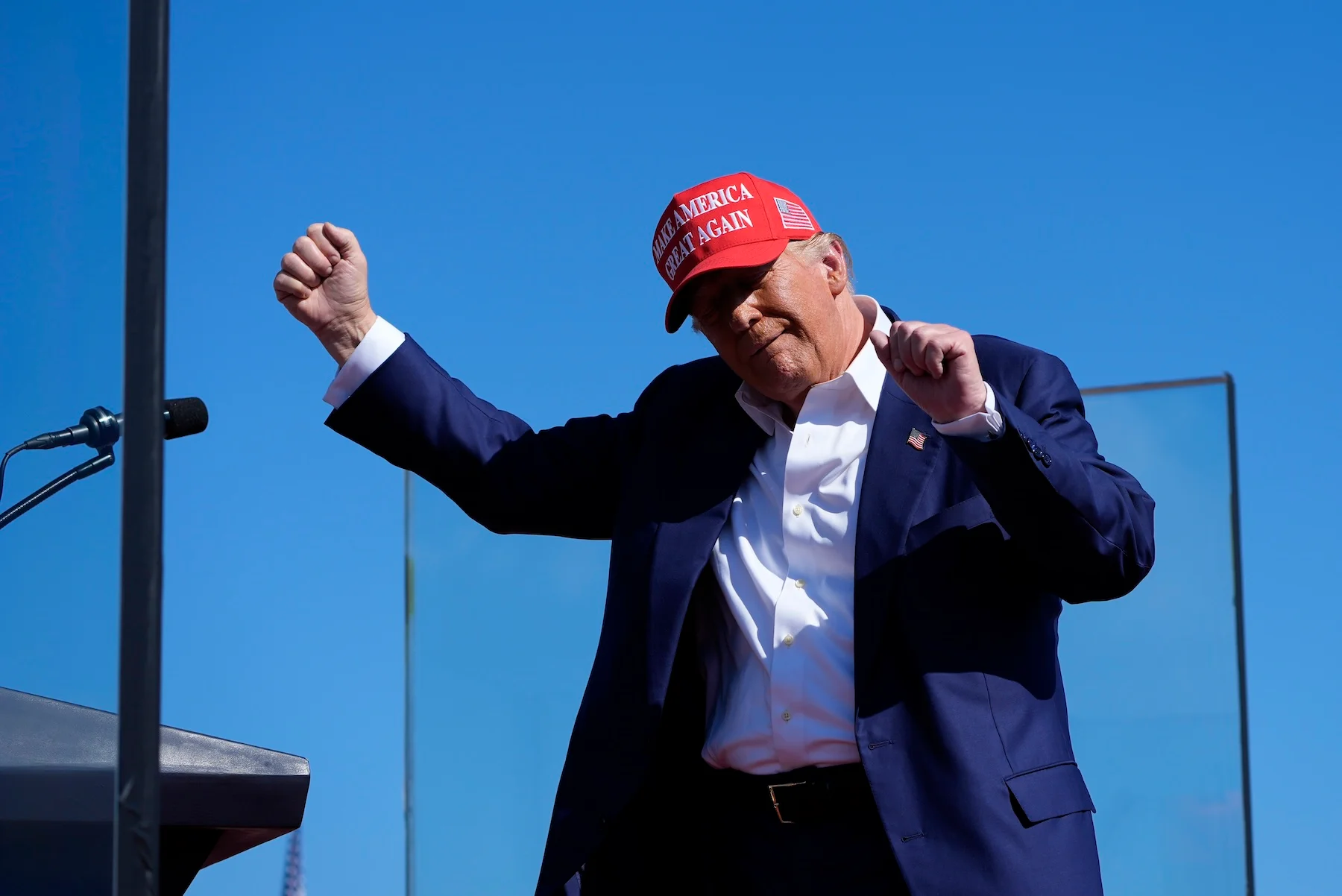
U.S. President Donald Trump said during a CNBC interview on Monday, that he might not run for president again — only to walk back the remark hours later, suggesting he was still considering another bid. The brief comment stirred fresh debate about the constitutional limits of presidential terms and whether Trump could legally seek a third.
Under the 22nd Amendment to the U.S. Constitution, presidents are limited to two terms in office, whether served consecutively or non-consecutively. Trump was elected in 2016 and served his first term from 2017 to 2021, then returned for a second term after winning the 2024 election. As a result, he has now reached the constitutional limit. Unless the Constitution is amended, he cannot legally run for a third term, regardless of public support or political interest.
Last year, Trump told NBC that “many Americans” want him to seek a third term, despite the constitutional limit. At the time, he claimed he was “not joking” and insisted the idea should be taken seriously, though it would require a constitutional amendment — a complex and unlikely process requiring two-thirds of Congress and ratification by three-quarters of the states.
Trump made history earlier by becoming the first U.S. president in over 130 years to return to the White House for a non-consecutive second term, after serving from 2016 to 2020.
